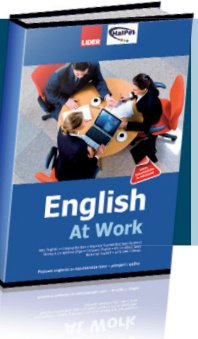The two quotes above reflect mixed feelings people have about audits and auditors. In the process of establishing whether the information in a company’s financial statements is true and in compliance with the GAAP (Generally Accepted Accounting Principles), auditors are bound to make a thorough investigation of all 1. _______ to ensure that they match the original sales and purchase invoices and other documents. This means that an auditor’s job description includes being suspicious and asking a lot of annoying questions. Therefore it is no wonder that they do not usually win popularity contests and their role seems to be to disclose facts someone has deliberately hidden or misrepresented to achieve financial benefits.
If an auditor’s report states that financial statements are free of 2. _______, the company can breathe a sigh of relief, because that means that there is no false or missing information, caused by fraud (deliberate action) or error. The word ‘material’ implies having a significant influence on altering decisions.
On the other hand, the more cynical among us could describe the work performed by auditors in a joke which says that 2+2 to an auditor equals whatever the company that engaged them would like it to be. According to such dim views accountants have changed from watchdogs into salespeople. Independence is a prerequisite of proper auditing. However, companies often engage in practices known as 3. ___, i.e. looking for auditing companies that will grant them favourable opinions known as 4. __ ____. Since auditors are paid by companies and need future engagements it is only understandable that they will be reluctant to issue unfavourable opinions.




